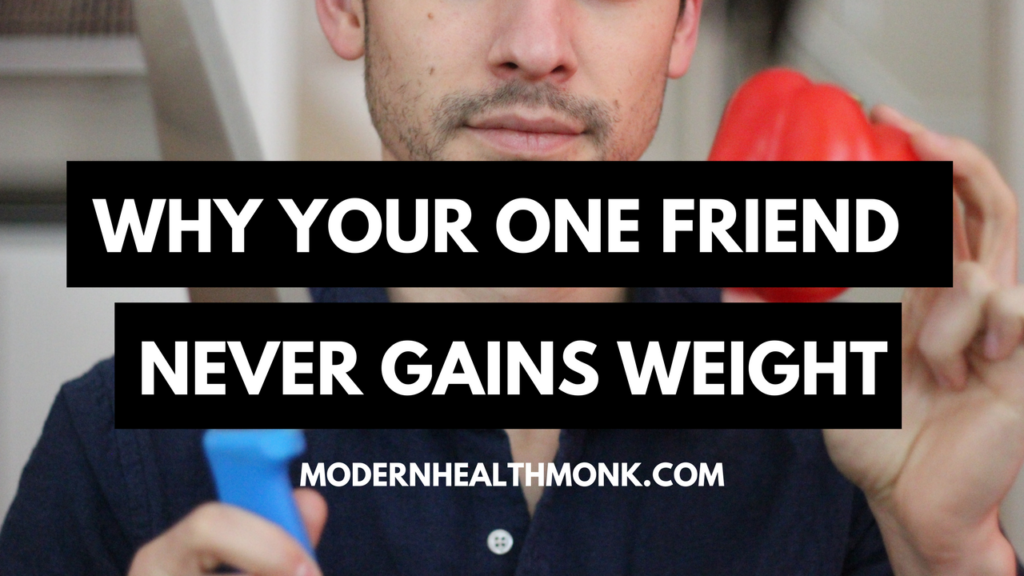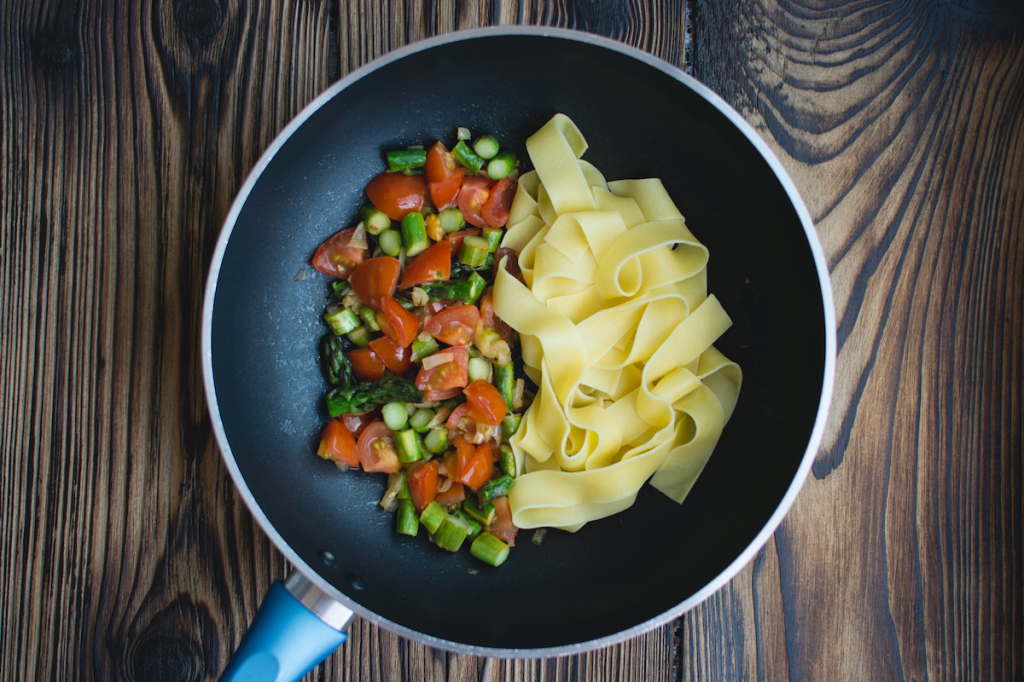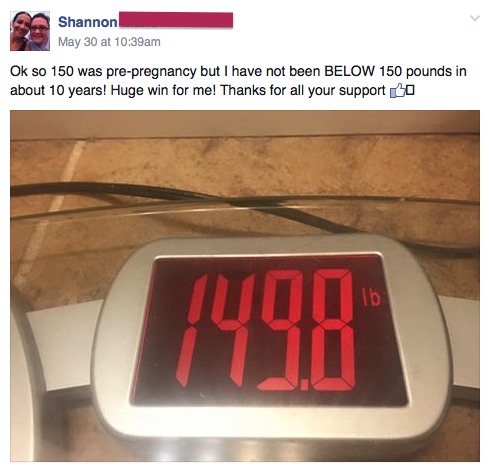
Study: Why Your One Annoying Friend Doesn’t Gain Weight When They Overeat

You know that one annoying friend that you have that never manages to gain weight when they stuff themselves with doughnuts and margaritas?
Yeah…
Well, researchers did an interesting study recently.
They overfed people for six weeks, and they wanted to see how different the weight gain was in different people – and the results were pretty interesting.
The Interesting Study

In one study, male subjects were deliberately overfed for six weeks.
30% of the people were described as plump before, 30% were muscular, and 30% were “normal” or somewhere inbetween.
What the researchers wanted to see was how the weight gain might vary in these research subjects, even if they were overfed the exact same number of calories.
At the end of six weeks – the results were interesting.
The subject that had gained the most weight – again, remember, overeating by the same number of calories – gained 19 pounds.
The subject that gained the least amount of weight gained 8 pounds.
Now that’s more than double what the other person gained, which theoretically should have come from eating double the amount of food.
But the researchers also calculated what percentage of the weight gain was actually fat.
The person who gained the most fat gained 14 pounds of fat.
The least?
2.5 pounds.
14 pounds versus 2.5 pounds, a huge difference.
But they overate the exact same amount!
As a percentage, the person who gained the most had 82% of the weight gained as fat.
The person with the least had gained 29% of the overall weight as fat.
Obviously, this is just one study, so we can’t conclude much from it, but all of us anecdotally “know it to be true,” where we have one friend that eats dozens of cookies and doesn’t gain any weight, and someone else “sniffs a cookie but gains a pound.”
In reality, we need more details about these people’s lives to truly know – who was more active? Did that affect the amount of fat vs. muscle gained? What were they over eating on? What did they eat? There are dozens of other questions unanswered here.
Why This Study Doesn’t Matter For You – And Why You Shouldn’t Focus on The Scale

By not focusing on the scale, Shannon reached her goal “scale” weight – that she hadn’t seen in ten years. See her case study here.
One of the things that I have a very hard time encouraging clients to understand is to focus on their visual goal and almost nothing else.
And definitely don’t focus on the scale.
Why?
It lies.
Today maybe you ate a massive burrito — oops, the scale says you gained two pounds. But did you really?
Today maybe you ran around for an hour in the July sun — you lost three pounds!
Victory!
But was it really a victory?
Tomorrow you get food poisoning and lose ten pounds — wahoo, my yearly goal achieved in a week!
Then once you get better, it all comes back.
All of these are the ups and downs of day to day life, and if you focus on the scale, this would’ve been one of the most manic-depressive weeks in your life as a person trying to diet.
The other reason (besides staying in a good mood) not to check the scale, is that at the end of the day, you probably actually don’t really care about the scale weight.
You want to look good and feel good, right?
And you can tell how you feel by, well, how you feel.
And you can tell how you look, well, by looking in the mirror.
So why would anything else matter?
I often talk to female clients that say, “I want to weight 135 pounds.” We work for months and months, never reaching that arbitrary goal, and yet, three or six months down the line, they go to the beach and realize how much better they look than they did before.
Sometimes we have these ideas of what we think we’d look like or feel like at a certain scale weight, but we’re much closer in reality.
Ignore the scale – just focus on those two intuitive metrics.
How you feel – well, how do you feel?
How you look – look in the mirror next time you get out of the shower.
Use those two big things as your drivers – the inner, and the outer.
Dealing with Weight Loss Envy
Maybe you heard this study and you’re frustrated, or maybe, you feel validated:
See, I told you that no matter what I do, I gain weight easily, and my sister loses weight easily!
Before we go into the victim zone, just remember something that has helped me quite a lot.
Maybe it is easier for some people to lose weight, and harder for others.
Well, how does that help you?
Maybe you love coffee, and yet, your stomach hates it and gives you acid reflux, while your friend who shouldn’t drink coffee, has no problem tolerating it.
Unfair?
Totally!
But who cares? That’s your situation, and you have to deal with it.
What if your friend loses weight no problem by not eating for two days – but you have to remove every carb and liquid calorie for a month to see the same results?
Unfair?
Yep.
But it doesn’t matter. At the end of the day, you still will be looking at yourself in the shower mirror, and feeling internally how you feel.
When you think of it like that, this internal/external self focus are your most important metrics for looking and feeling amazing.
What are you going to do about it?
-Alex
Study mentioned: http://ajcn.nutrition.org/content/33/5/978.full.pdf

